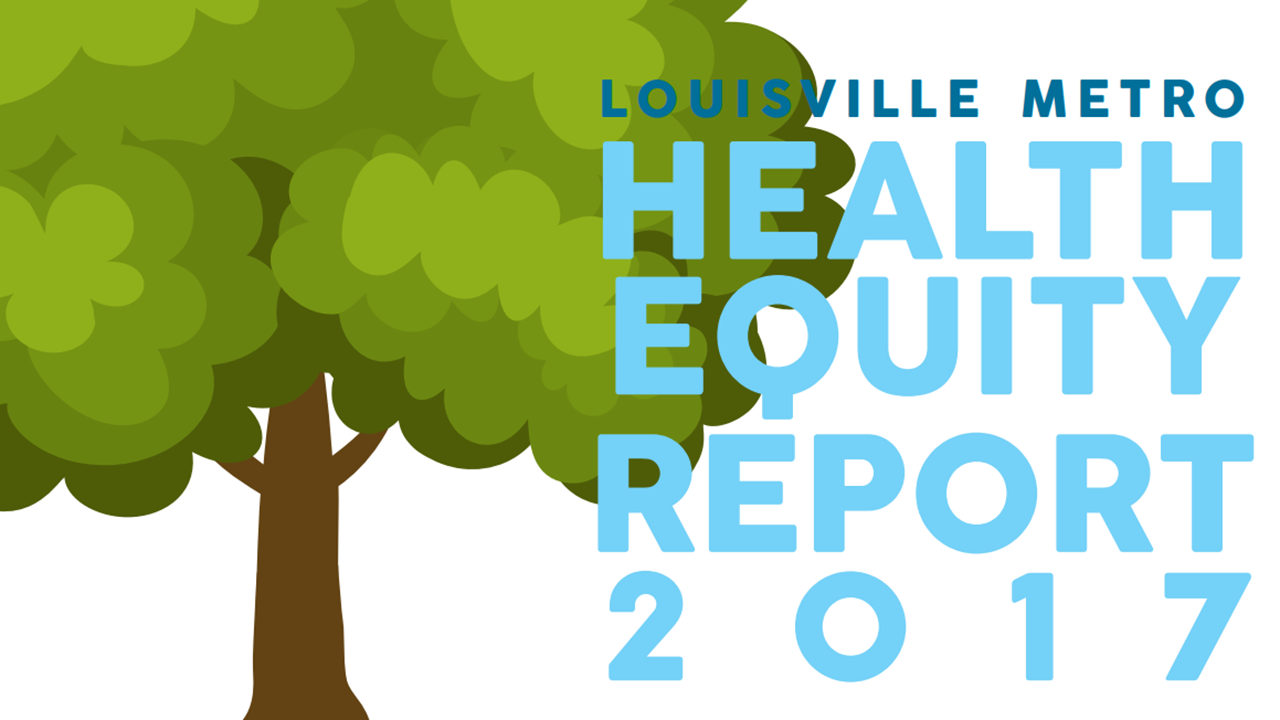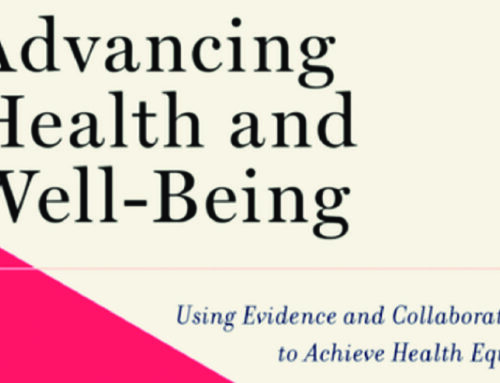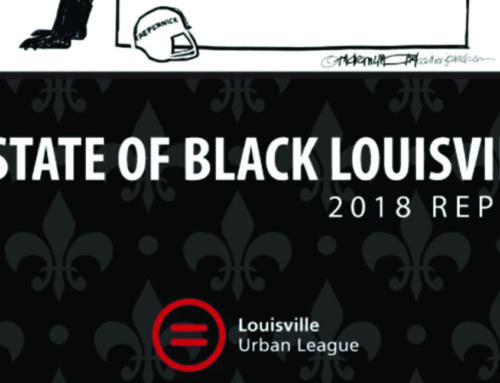
The 2017 Health Equity Report is designed as a tool for policy makers and residents to better understand how they can create more equitable policies and practices, and it examines the history of Louisville and how our past has influenced our present. The report shows the demographics and diversity of the city’s residents, noting, for example that Louisville’s population is growing and becoming more diverse. It reviews 21 health outcomes such as infant mortality, homicide and heart disease, and examines 11 root causes for those outcomes, ranging from food systems to neighborhood development. These health outcomes are arranged in the order of the life course, from infancy through old age, to demonstrate how root causes have different impacts at every life stage and can have cumulative effects over time.
A few of the findings in Louisville Metro Health Equity Report 2017 include:
- We can improve quality of life and reduce deaths from the leading causes, such as cancer, heart disease, and Chronic Obstructive Pulmonary Disease (COPD), if we focus on root causes of health.
- Different groups are affected by different health outcomes. For example, white males had the highest rate of death from suicide, at 29.14 per 100,000, while black males had the highest rate of death from homicide, at 49.12 per 100,000.
- Louisville’s population is growing and becoming more diverse. The Hispanic/Latino population has tripled since 2000, and the Asian population has more than doubled.
Also new to this report are evidence-based best practices assembled from comprehensive research programs which have assessed and evaluated many policies and programs. Our goal is to recommend evidence-based actions which have proven to make a difference for health. In many cases, these interventions have also been found to be cost-effective for communities. Best practices are arranged along the socio-ecological model which recommends that interventions happen at ALL levels in order to reinforce interventions, create synergy, and make sustainable, long-term change.
Take a brief survey and download the full report here: 2017 Health Equity Report (size 79MB).
Download the 2017 Health Equity Report Preview (size 5MB)





